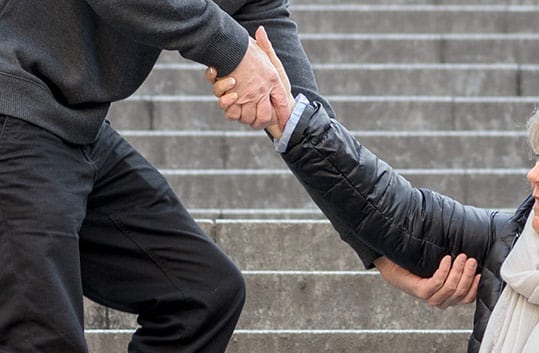 I have written before on the NY Injury Law Blog about the dangers of giving away your privacy online with social media. Sloppy postings on Facebook, MySpace, YouTube and other social sites can easily undermine personal injury cases – and believe me, insurance companies are well versed in any techniques to weaken plaintiffs’ cases.
I have written before on the NY Injury Law Blog about the dangers of giving away your privacy online with social media. Sloppy postings on Facebook, MySpace, YouTube and other social sites can easily undermine personal injury cases – and believe me, insurance companies are well versed in any techniques to weaken plaintiffs’ cases.
The following guest post from Virginia injury lawyer Ben Glass provides a very clear outlines of the Do’s and Don’ts of using social media for people who want to protect their privacy and their personal injury cases. I’m reprinting it here with Ben’s permission. Here is Ben’s Guest Post:
Warning for Clients About Social Media
FACT – While initially people were quite guarded about what photos they posted online and who has access to them, people are gradually becoming more exhibitionist. Your friends may have photos of you, that can be searched by your name, on their pages. In other words, your own privacy settings cannot protect you entirely.
FACT – The courts have ordered injured plaintiffs to produce their Facebook pages to the insurance company lawyers.
FACT – Evidence from Facebook has been admitted in Ontario Courts and is used by the police and the traditional media.
FACT – Every insurance defense lawyer has a law clerk on Facebook who is looking for their opponents’ pages, profiles and pictures on Facebook.
So, does that mean you have to withdraw from the 21st century and avoid social media? As your lawyer, I would like to say, well, yes. Avoid it like the plague. However, as a human being, I recognize that may not be possible. So, what steps can you take to protect yourself?
Step One: Take a critical eye to your social media sites to see if there is anything you would not want the insurance company lawyer to see. Remember that the insurance company will not know the context of your photos or comments. They won’t know if you swallowed a bottle of pain killers to get through that party.
Step Two: Check your privacy settings. Most sites allow you to block certain people altogether from seeing that you even are on the site. Block the opposing lawyer and his/her clerk. Keep in mind, however, that there will be law students and others whose names you won’t know, so this is not foolproof.
Step Three: Search your name in the search field to see what comes up and make sure it is acceptable.
Step Four: While you are at it, do the same thing on Google and You Tube. Make whatever adjustments are necessary.
Step Five: Don’t accept friend requests or answer emails through social media from people you do now know. On Facebook, if you send a message, you grant the receiver access to your profile for a certain number of days. That is a common device to get access to your profile. Keep in mind that because of the lawsuit process, the opposing legal team knows a lot about you and could send you an email that might make you think you know each other.
If you are in doubt about whether or not your pages are acceptable, speak to your personal injury lawyer about it.
– Ben Glass, Virginia personal injury lawyer. Check out Ben’s website, BenGlassLaw.com, for more of his advice about personal injury law and protecting your case.
Thanks for reading,
Jim
_________________________________________
James B. Reed, Esq.
Personal Injury & Malpractice Attorney
Ziff Law Firm, LLP
303 William St., Elmira, NY 14902
Tel. (607) 733-8866 Fax. (607) 732-6062
Toll Free 1-800-943-3529
mailto:jreed@zifflaw.com http://www.zifflaw.com


